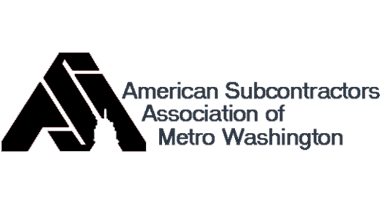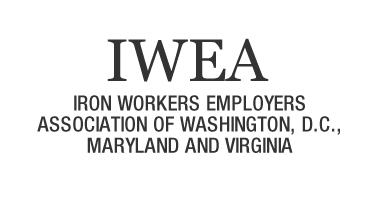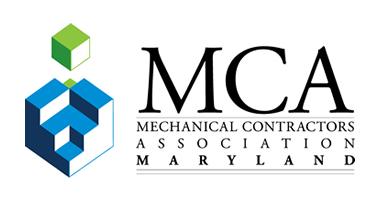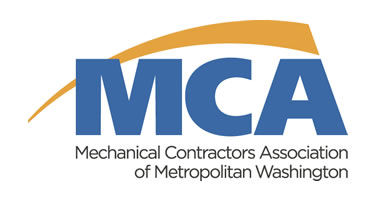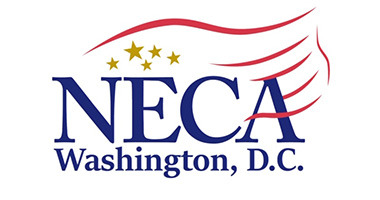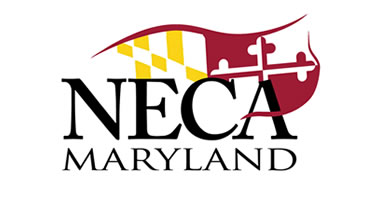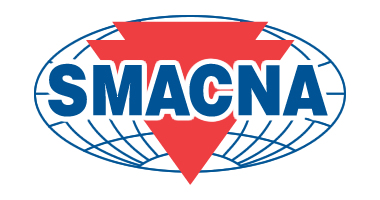May 3, 2021
Maryland House Bill 581 has been voted on favorably by state delegates with amendments by the House Economic Matters Committee and is expected to pass. The bill was very extensively and heavily amended after significant debate and lobbying.
It is expected that HB 581 will be acted upon favorably by the full House of Delegates.
The highlights of House Bill 581, as amended, are as follows:
- The term emergency, which is the basis and circumstances that brings into play and application of this proposed law, is a catastrophic health emergency as defined in the Public Safety Article of the Code Section 14-3A-01. The section of law is attached for your reference.
- The bill only applies to “essential employers” who employ “essential workers” all defined in the bill.
- The bill no longer lists nor enumerates all of the business, occupations and professions that had been listed in the bill as introduced but instead only applies to essential employers, industries and sectors that are identified as and when an emergency occurs as identified and described by a governor or federal or state agency as critical to continue operation during such emergency.
- During any emergency, such essential employer shall – Provide required safety standards adopted by a federal or state agency – Provide necessary safety equipment recommended for use during such emergency at no cost to the essential worker – Adopt, maintain and post written applicable protocols – Provide other measures or requirements established by the governor or federal or state agency for essential workers;
- An essential worker has the right to refuse to work as provided under §5-604;
- If essential worker has contracted a communicable disease at a worksite – Essential employer shall take steps to minimize transmission risk; and pay for cost of testing if essential employee’s insurance does not cover. Essential employer is not required to pay if essential employee is tested free of charge – Essential employer has to report to the health department – demographic info about employee, redacted info on identification of employee – Commission can adopted regulations to carry out
- Bill defines “family member” as used in the bill –
- New term called “Public Health Emergency Leave” see details in the bill.
- An essential employer is required to pay an essential employee public health emergency leave: – Only to an essential employee – Only if either the federal or state government provides the funding that can be used – Payment of any public health emergency funds is in addition to any other leave or benefit including earned sick and safe leave under current law.
- The amount of money to be paid as public health emergency leave shall be either – As specified in the state or federal law or regulation; or – For full time essential workers – who regularly work 40 or more hours per week, 112 hours – For part-time essential workers – see page 16A, subsection (B).
- Every essential employer shall allow an essential employee to use public health emergency leave in relation to the emergency as provided and set forth in the bill.
- An essential employer shall compensate an essential employer for unused public health emergency leave if and when the essential employer leaves employment.
- An essential employer can require an essential employee who uses public health emergency leave to provide documentation of the need to use such leave. If submission of document not done essential employer can refuse payment for such leave.
- The Labor Commissioner by regulation shall adopt regulations as to the forms of documentation an essential employer can require.
- Essential employer cannot misclassify an essential employee as an independent contractor or other classification to avoid any benefits being paid to an essential employee during the emergency period.
- On pages 20-21 of the reprint section 3-1608 the rights and enforcement provisions for an essential employee against an essential employer are set forth.
- Pages 21-23 set forth requirements the Maryland Department of Labor and its agencies have to do to implement this new law. Also the law only applies prospectively not retroactively.
- The law is an emergency measure and takes effect on day of enactment


